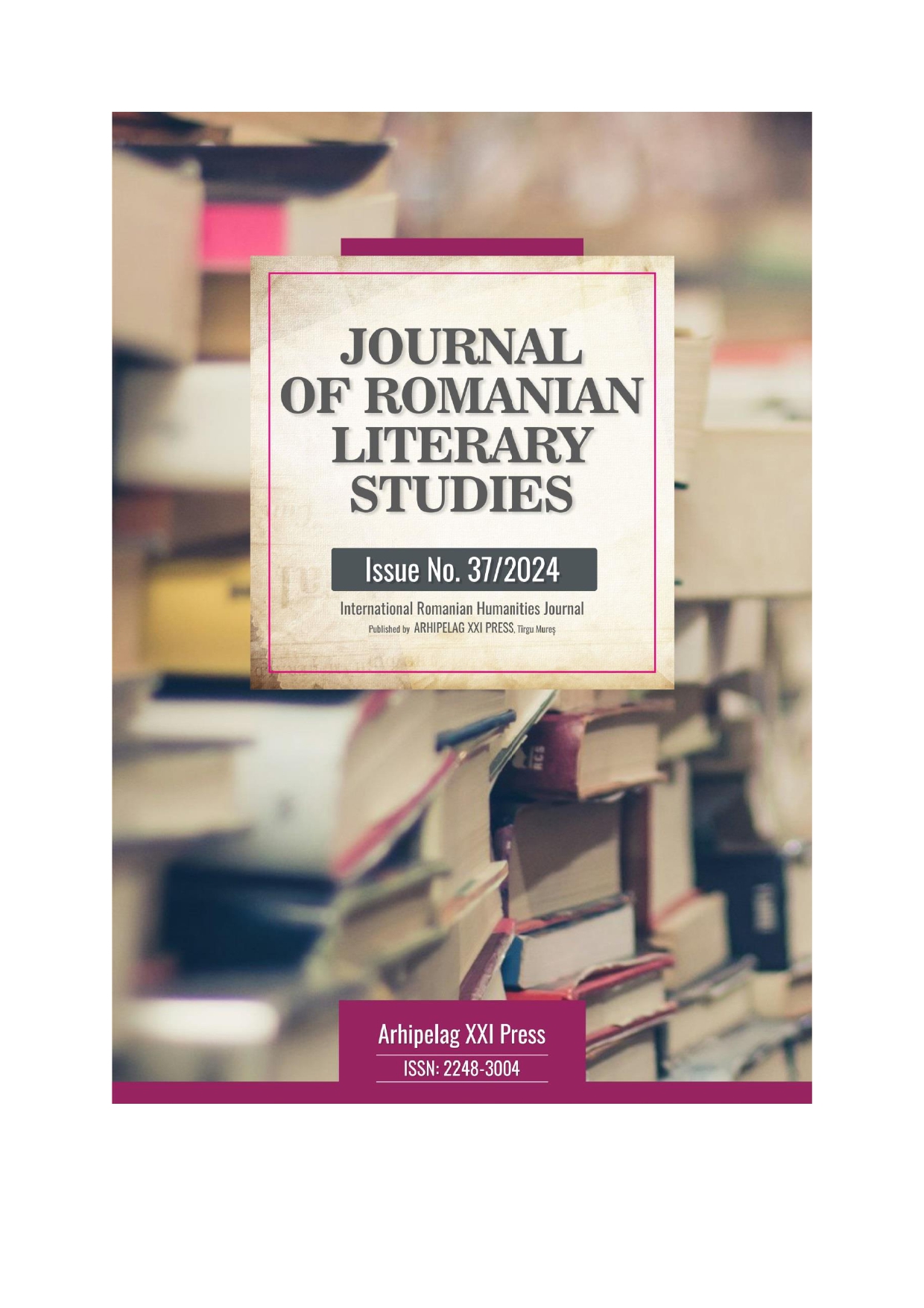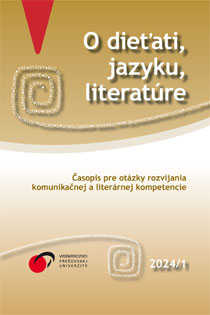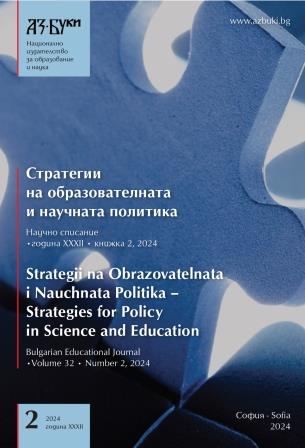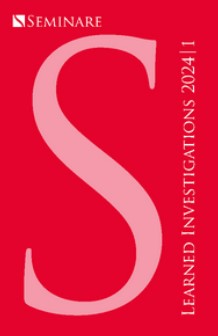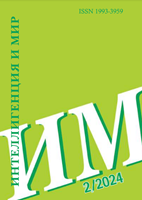
К вопросу о развитии школьного образования Англии XVI в. (на примере грамматических школ)
The article is devoted to the development of school education in England during the Tudor dynasty. With the advent of the Reformation, the school system underwent major changes. Education begins to free itself from church scholasticism and is now based on the ideas of humanism, which became widespread in English grammar schools in the second half of the XVI century. The object of our research is the organization, nature of management, as well as the structure of the educational process of school education in England in the Middle Ages and early modern times. Interest in this problem is not accidental, since issues of training and education are important for historical science and shed light on social and historical aspects, and help to assess the spiritual and moral atmosphere of the medieval city. The period of research was also not chosen by chance, since it was from the second half of the XVI century that social changes in the school education system and serious changes in culture were observed. The relevance of this topic is also determined by the fact that it has practically not been studied in domestic historiography. The author comes to the conclusion that from the second half of the 16th century there has been an evolution of school education in England. The main trends were aimed not only at changing the education system and the emergence of innovations in educational programs, but also at creating new types of educational institutions. Not the least role in these transformations was played by the great humanists of the era, among whom was the rector of the monastery of St. Paul’s Cathedral and the English scientist J. Colet (theologian, member of the revered Mercer society). Under the Tudor dynasty, the education system became an independent industry, which provided an excellent opportunity for education for all classes of society.
More...
